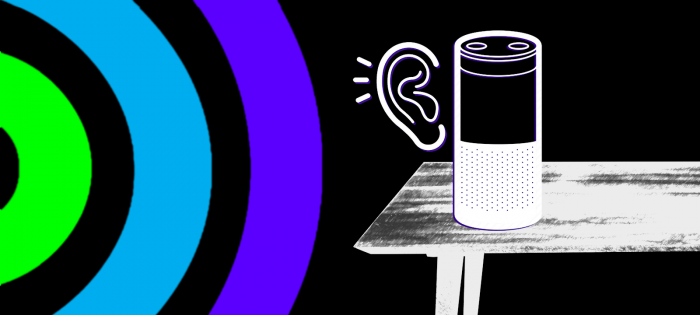
Microphones are perhaps the most common electronic sensor in the world, with an estimated 320 million listening for our commands in the world’s smart speakers. The trouble, of course, is that they’re capable of hearing everything else, too.
A team of University of Michigan researchers has developed a system that can inform a smart home—or listen for the signal that would turn on a smart speaker—without eavesdropping on audible sound.
The key to the device, called PrivacyMic, is ultrasonic sound at frequencies above the range of human hearing. Running dishwashers, computer monitors, even finger snaps, all generate ultrasonic sounds, which have a frequency of 20 kilohertz or higher. We can’t hear them—but dogs, cats and PrivacyMic can.
The system pieces together the ultrasonic information that’s all around us to identify when its services are needed, and sense what’s going on around it. Researchers have demonstrated that it can identify household and office activities with greater than 95% accuracy.
Ubiquitous computing + privacy
PrivacyMic can filter out audible information right on the device. That makes it more secure than encryption or other security measures that take steps to secure audio data after it’s recorded, or limit who has access to it. Those measures could all leave sensitive information vulnerable to hackers, but with PrivacyMic, the information simply doesn’t exist.
Learn more about PrivacyMic on the Engineering News website.
